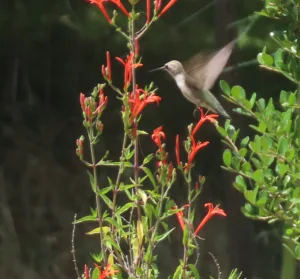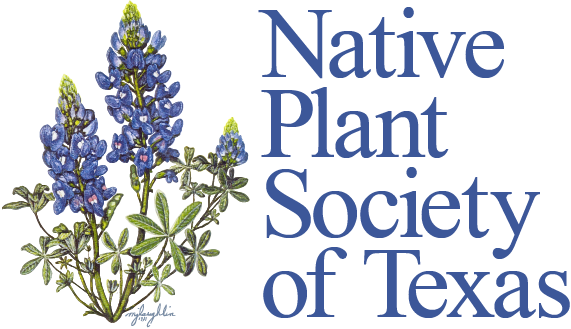
The Native Plant Society of Texas, in keeping with its basic purpose of education, conservation, and preservation of the native plants of Texas, has created this policy for its members on collection of plant material in accordance with the laws (city, county, state and Federal) and accepted practices of said activity.
Collection of any plant material from public land, such as parks, forests, and roadsides, without proper consent from the proper authorities could be considered vandalism (picking roadside flowers itself is not illegal). To collect any part of an endangered species on public land requires the collector to secure a permit, allowing such activity, from the proper authorities. Texas Parks and Wildlife has two classifications of permit, one for education/research facilities and the other for commercial/private personnel, for land under its jurisdiction.
Collection of plant material from privately owned land (this includes land owned by timber companies and other industries) is only allowed when the collector has received prior written permission from the owner. Endangered species may not be collected without the permission of the land owner.
When dealing with rare, endangered, threatened, uncommon, or species in an unusual location, several factors should be taken into consideration.
First, propagules (seed, cuttings, divisions) should be collected, rather than the whole specimen, whenever possible. Take no more than a small proportion from any site.
Second, if the population at a given site contains less than one hundred specimens, it should be left undisturbed if possible. (This factor should include more common species due to the importance of genetic diversity.)
Third, material should only be collected when there is a high probability of success with propagation/relocation. (Example: Lady Slipper Orchids should never be disturbed because they don’t transplant, and propagation of seed is difficult).
Fourth, relocation/removal of a complete specimen should only be done when the site or species is in imminent danger of being disturbed or destroyed.
Fifth, material in preserves, wilderness areas, and other protected lands (like Big Bend National Park) should never be utilized.
Use common sense.
This policy on plant collection has been developed and adopted by the Board of the Native Plant Society of Texas, in response to many requests from our chapters. Our thanks to Peter Loos for his research on legal and ethical issues, and for drafting the final document.
